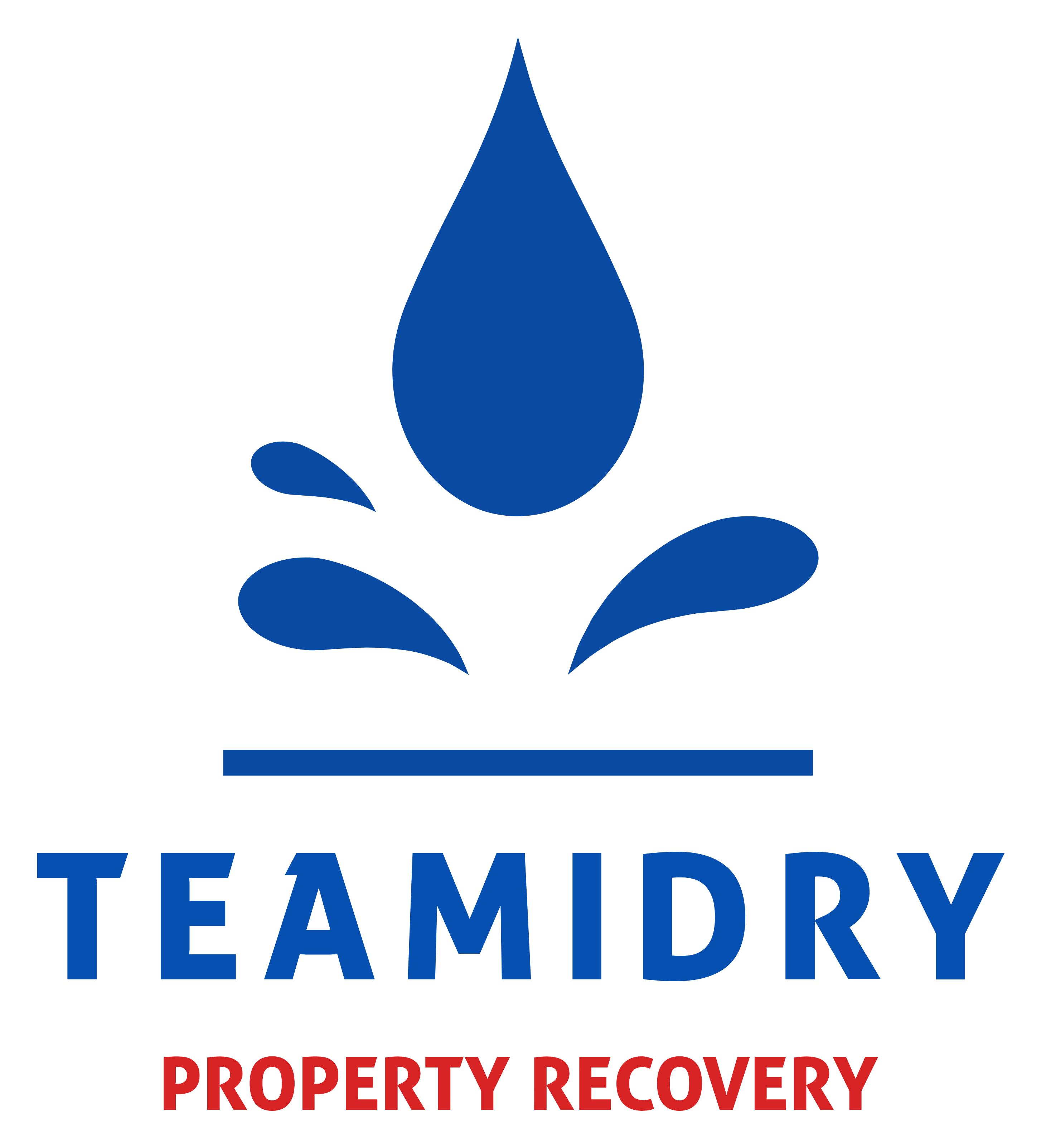Understanding Your Protections for Property Damage in Florida

When disaster strikes, Florida homeowners rely on their insurance policies to help them recover from property damage. However, navigating the claims process can be daunting, especially when policyholders are unaware of their rights. The state of Florida has established protections to ensure that policyholders receive fair treatment from insurance companies. One of the most critical rights is the ability to choose their own contractor for repairs, but there are many other rights that policyholders should be aware of to prevent delays, underpayments, and unnecessary complications.
The Right to a Timely Response and Claims Handling
Florida law mandates that insurance companies adhere to strict timelines when processing claims. Under the Homeowner Claims Bill of Rights, insurers must acknowledge a policyholder’s claim within 14 days of receiving notice of the loss. They must also begin an investigation within that time limit. Furthermore, within 30 days of submitting a proof-of-loss statement, the insurer must inform the policyholder whether their claim is covered, partially covered, denied, or under investigation.
Policyholders also have the right to receive payment for undisputed amounts of their claims within 60 days of submission unless factors beyond the insurer’s control prevent timely payment. If an insurer fails to comply with these deadlines, policyholders can seek legal remedies.
The Right to a Fair and Accurate Damage Assessment

Insurance companies are required to conduct thorough and impartial investigations of property damage claims. Policyholders should expect a comprehensive assessment that considers all necessary repair and restoration costs. If a policyholder believes the insurer’s assessment is inadequate, they have the right to seek an independent appraisal. In some cases, hiring a public adjuster can help ensure a fair evaluation and maximize the claim payout.
The Right to Be Protected from Bad Faith Practices
Florida law protects policyholders from unfair or deceptive practices by insurance companies. If an insurer unreasonably delays, underpays, or denies a valid claim without justification, the policyholder may file a complaint with the Florida Department of Financial Services. Additionally, if the insurer acts in bad faith, policyholders have the right to pursue legal action, which can result in additional compensation beyond the original claim amount.
The Right to Mediation and Dispute Resolution
Policyholders in Florida have access to free mediation services provided by the state. If a dispute arises over a property damage claim, policyholders can request mediation through the Florida Department of Financial Services. This process allows both parties to negotiate a fair settlement with the assistance of a neutral third party, often avoiding costly litigation.
The Right to Avoid Unnecessary Pressure from Insurers
Insurance companies cannot force policyholders to use specific contractors or service providers. While they may recommend preferred vendors, policyholders maintain the right to select their own licensed contractor for repairs. Additionally, insurers cannot require policyholders to sign over benefits through an Assignment of Benefits (AOB) unless the policyholder fully understands and agrees to the terms.
Understanding the Policyholder Bill of Rights in Florida is essential for homeowners navigating property damage claims. While insurance provides financial protection, policyholders must be proactive in asserting their rights to ensure fair treatment. By being informed about their entitlements – including the right to a timely response, fair damage assessment, protection from bad faith practices, mediation options, and freedom in choosing contractors – Florida homeowners can safeguard their interests and secure the compensation they deserve. If a policyholder feels their rights are being violated, seeking assistance from a legal professional or state regulatory agency can help resolve disputes effectively.
TeamiDry, LLC fully supports Policyholder Rights

